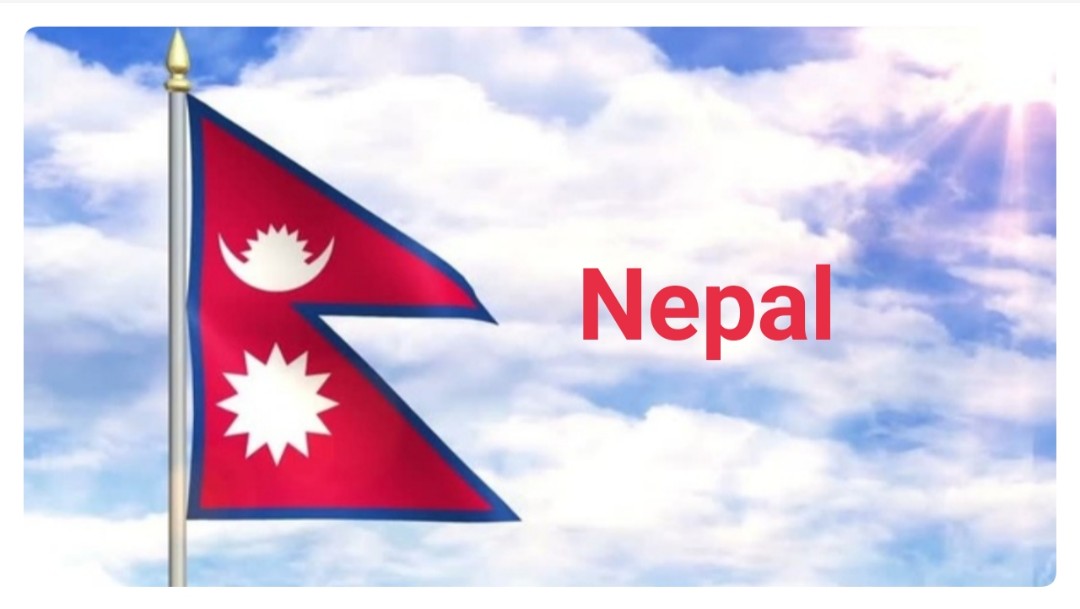A two-thirds majority was required in the 275-member House of Representatives or the lower house to pass the bill.
The lower house of Nepal’s parliament on Saturday unanimously passed the historic Second Constitution Amendment Bill guaranteeing legal status for the updated political map of Nepal which includes India’s territories in Pithoragarh district.
The voting came after day long discussion which also included Maoist leader Prachanda’s praise for the Nepal Communist Party which he said is reversing centuries of diplomatic humiliation of Nepal.
The motion was approved through voice vote following which all the members of the House of Representatives (Pratinidhi Sabha) gave individual signatures to the bill which completed the voting process. The voting showed all members of the Pratinidhi Sabha voted in favour of the motion moved by the government of Prime Minister K P Sharma Oli.
Following this amendment, the region of Kalapani, Limpiyadhura and Lipulekh located at present in Pithoragarh district of Uttarakhand will be part of the map of Nepal which will be included in Nepal’s national emblem. “I hear by declare the Second Constitution Amendment passed with two-thirds majority,” announced Agni Sapkota, Speaker of Pratidhi Sabha, amidst celebrations.
Immediately after the passing of the bill, Nepal’s senior officials began sending out social media messages which indicated the diplomatic angle of the territorial dispute. “The House of Representatives (Pratinidhi Sabha) unanimously adopted the Constitution Amendment Bill, paving the way for accommodating the updated political-administrative map in the national emblem” said Foreign Minister Pradeep Gyawali who also attached an image of the national emblem showing the new map which included the Indian territories.
The concluding session witnessed passionate speeches by the members of the parliament. The most important intervention of the day came from Pushpa Kamal Dahal “Prachanda” who described the day as a historic moment for Nepal. “We are working to ensure territorial integrity national sovereignty and freedom of our people. The kings of Nepal lost our territory, but today we republicans are restoring it,” said Mr Prachanda as the MPs applauded. The unanimous voting was made possible by the cross party support ensured by Mr Oli’s government.
Mr Oli’s Nepal Communist Party (NCP) has 174 seats which was bolstered by the support of main opposition Nepali Congress which extended its block of 63 MPs to support the amendment. The Madhesi MPs also extended support to the move which paved the way for the unanimous adoption of the new map. The Ministry of External Affairs is yet to respond to the Second Constitution Amendment.
Nepal unveiled the new map on May 20 after Defence Minister Rajnath Singh inaugurated Darchula-Lipulekh link road on May 8. Nepal had earlier strongly protested when the updated Indian map published in November last year showed the region as part of Uttarakhand. Nepal claims right to the region and says India was allowed to station troops there in the 1950s and that Delhi has refused to remove forces from the region ever since. Nepalese minister for Law, Justice and Parliamentary Affairs Shiva Maya Tumbahangphe tabled the amendment bill on May 31 and the necessary month long discussion was fast tracked as expected. During the debates, Prime Minister K P Sharma Oli, Foreign Minister Gyawali, Nepali Congress leader Sher Bahadur Deuba and Madhesi leaders like Mahanta Thakur and Rajendra Mahato addressed the house.
The diplomatic fallout of the territorial dispute, is likely to be serious said former foreign minister and Nepalese commentator Ramesh Nath Pande who warned of difficult days ahead for Nepal-India relation as well as for South Asian region. “Now, Indo-Nepal border negotiations will be all the more complicated as secretaries have no right to negotiate on the provisions of our constitution,” said Mr Pandey explaining that the territorial dispute of Kalapani, Limpiyadhura and Lipulekh can not be solved by dialogues led by Foreign Secretaries or senior envoys as the disputed territories are now part of Nepal’s constitution and public imagination.
With inputs from The Hindu

